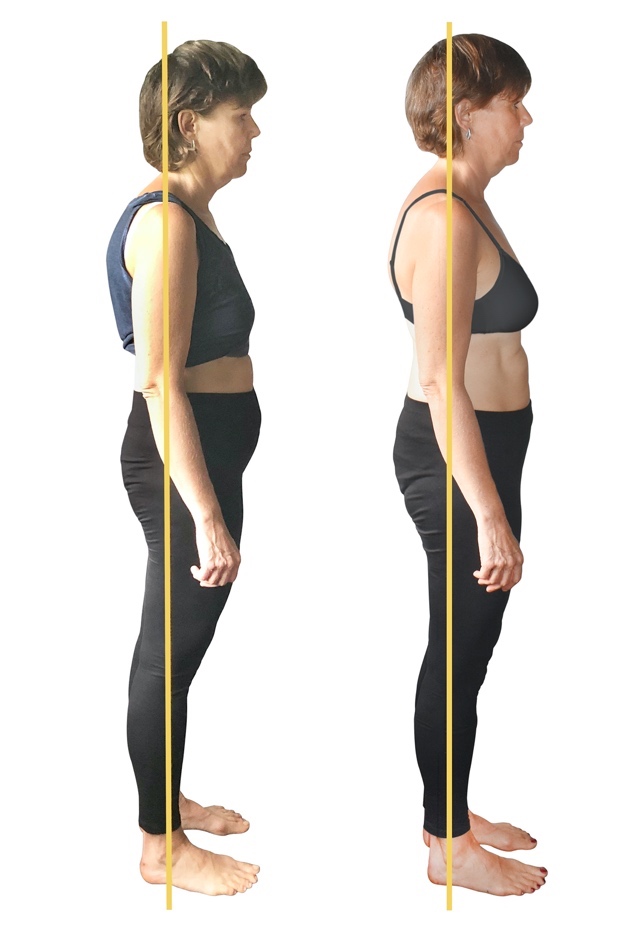A hernia occurs when an organ or tissue pushes through a weak spot in the surrounding muscle or connective tissue. While surgery is generally considered the most effective treatment to repair a hernia, many people wonder if it’s possible to manage or even "heal" a hernia without going under the knife. While non-surgical approaches can help alleviate symptoms and prevent the hernia from worsening, they do not provide a permanent fix. Let's explore the options for managing a hernia without surgery.
Can You Heal a Hernia Naturally?
Unfortunately, no natural or home remedy can Heal Hernia Without Surgery. A hernia occurs due to a structural weakness in the muscle or tissue, and once it has occurred, the defect won’t heal on its own. Without surgery, the hernia may continue to grow or lead to complications such as pain, discomfort, or more severe issues like incarceration or strangulation, where the herniated tissue becomes trapped and blood supply is cut off.
However, there are several non-surgical methods to manage a hernia and reduce symptoms. These methods can help you live with a hernia and, in some cases, delay the need for surgery.
Non-Surgical Methods to Manage a Hernia

- Lifestyle Modifications
- Weight Management: Carrying excess weight increases pressure on the abdominal muscles, which can worsen a hernia. Maintaining a healthy weight through diet and exercise may help reduce this strain and prevent the hernia from getting worse.
- Diet and Digestion: Straining during bowel movements can exacerbate a hernia. Eating a high-fiber diet can help prevent constipation and reduce the need for straining. Additionally, avoiding heavy meals that may cause bloating can reduce pressure on the abdomen and hernia.
- Avoiding Heavy Lifting: Lifting heavy objects puts a strain on the abdominal muscles, which can worsen a hernia or increase the risk of developing one. If you must lift something heavy, use proper lifting techniques, bending at the knees rather than the waist, and try to get assistance when possible.
- Supportive Garments
- Hernia Belts or Trusses: These are specialized supports designed to apply gentle pressure on the hernia, keeping it in place and preventing it from bulging out. While hernia belts do not cure the condition, they can provide relief from pain and discomfort, especially for people who are not candidates for immediate surgery. They can also be useful in preventing the hernia from growing larger.
- Physical Therapy and Exercise
- Gentle Exercises: Strengthening the muscles around the hernia site can help alleviate discomfort and reduce the strain on the area. However, it’s important to avoid exercises that may put excessive pressure on the hernia, like heavy lifting or abdominal crunches. A physical therapist can guide you in exercises that are safe and beneficial for hernia management.
- Pelvic Floor Exercises: For groin hernias, strengthening the pelvic floor muscles may help support the abdominal cavity and reduce pressure on the hernia. These exercises can improve overall muscle tone and provide relief from symptoms.
- Cold Compress and Pain Relief
- Applying a cold compress to the hernia site can temporarily relieve pain and reduce inflammation. However, this is a short-term solution and does not address the underlying issue of the hernia. Over-the-counter pain medications may also help manage discomfort, but they should not be relied upon long-term.
When to Consider Surgery

While non-surgical methods can provide relief and help manage a hernia, surgery remains the only permanent solution for repairing a hernia. If left untreated, hernias can grow larger and lead to serious complications, such as strangulation, where the blood supply to the herniated tissue is cut off, requiring emergency surgery.
If you suspect you have a hernia or have been diagnosed with one, it’s important to discuss your treatment options with a healthcare provider. In many cases, surgery is recommended to repair the hernia and prevent future complications.
Conclusion
In conclusion, while a hernia cannot Fix hernia without surgery, there are several ways to manage symptoms and prevent the condition from worsening. Lifestyle changes, supportive garments, and physical therapy can help reduce discomfort and may delay the need for surgical intervention. However, for a permanent solution, surgery remains the most effective option. Always consult a healthcare professional to determine the best course of action for your specific condition.




Comments